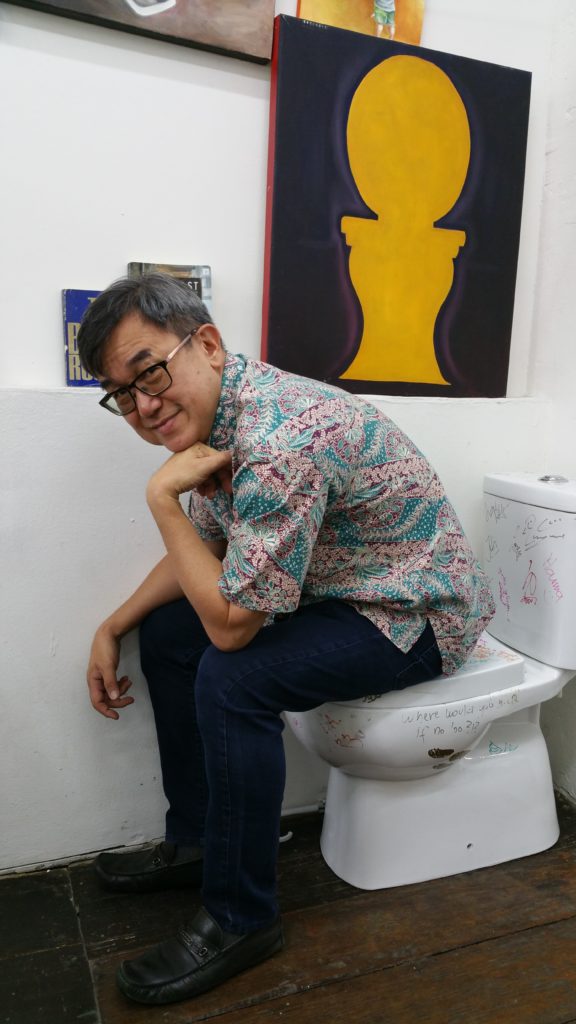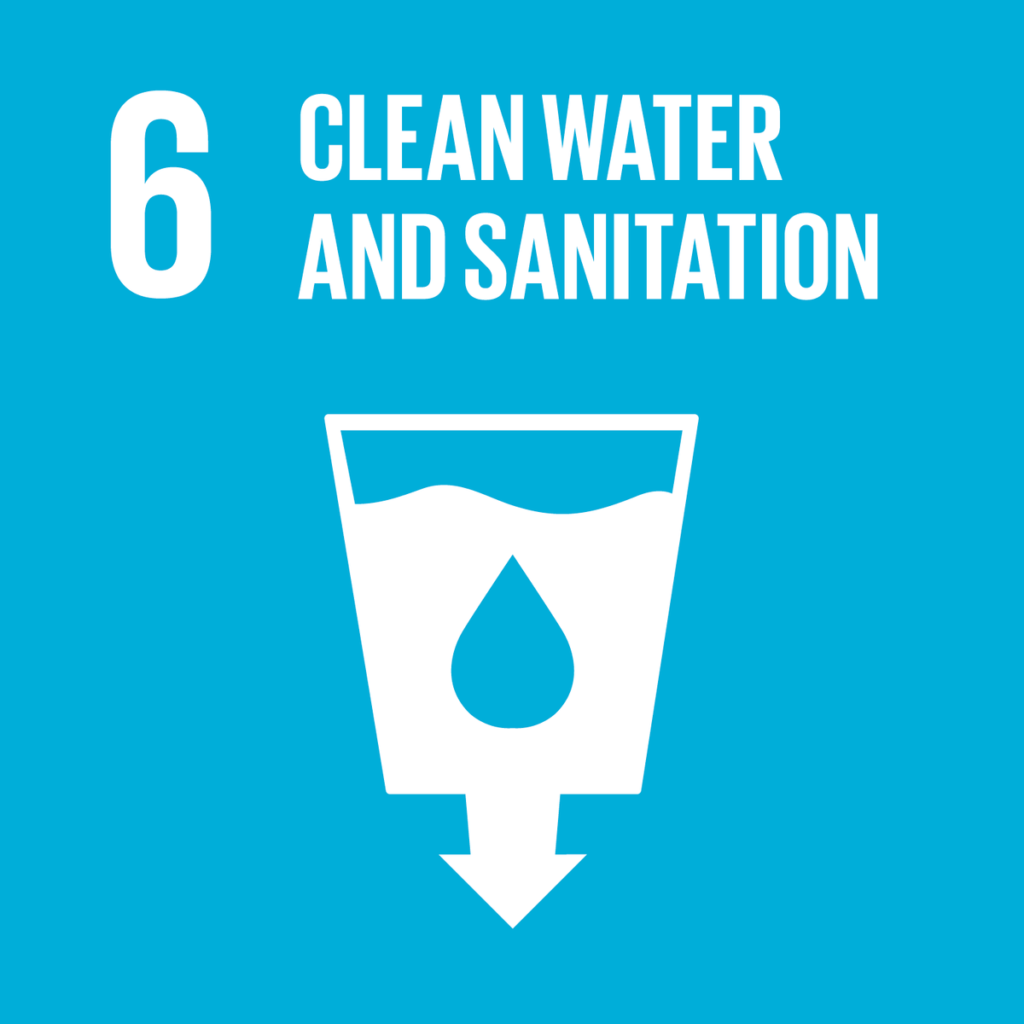When we see the acronym “WTO,” we typically think World Trade Organization. But there is another WTO, one that is much more important and fundamental—the World Toilet Organization. It was founded on November 19, 2001. And, therefore, the United Nations has designated November 19 each year as World Toilet Day.
You can make all the jokes you wish—is this the world’s number two problem?—but sanitation is a major issue around the world. According to the United Nations, 4.2 billion people live without “safely managed sanitation,” which means toilet facilities that effectively collect, treat and dispose of human wastes, and do it so people are safe and dignified. Nearly 700 million people have no sanitation facilities at all, so they defecate on the ground—not sanitary, not safe, not dignified.

And not healthy. Inadequate toilets and related sanitation facilities (like someplace to wash your hands after defecating) cause 432,000 deaths each year because of diarrhea and parasitic infections. About 1000 children under 5 die from these causes every day. These issues cause lots of related problems, especially for women and girls—absence from school, violence in unsafe locations, loss of productivity. Turns out that investing $1 in better sanitation realizes more than $4 in increased productivity.
Just before the turn of the last century, a successful businessman from Singapore gave up his career and took up the cause of improving sanitation. Jack Sim is now known universally as Mr. Toilet. Starting in his homeland and spreading globally, he and his organization, the WTO, have advocated for better sanitation to whomever would listen. He started the idea of World Toilet Day in 2001, when he founded WTO, and the United Nations endorsed it as an official day in 2013.
It hasn’t been easy to get the world’s attention. Sim says, “It’s called a brown issue because it’s brown in color. Funders [and] donors love “green” issues and “blue” issues — water, forest, animals, then children, women, climate change. These are beautiful pictures you can show, but toilets, sanitation, shit, sewage treatment is really uncomfortable.” So, he uses humor to get the idea across, often dressing as the poop emoji or snapping toilet selfies in unlikely places and poses. “We have to compete with Kim Kardashian and football. When you’re at the bottom of the pile, humor helps a lot.”

But progress is being made. When the UN established its new Sustainable Development Goals in 2015, an entire goal (goal 6) was devoted to ensuring the “availability and sustainable management of water and sanitation for all.” Their most recent report states that from 28% of the world’s population having safely managed sanitation services in 2000, the percentage rose to 45% in 2017. But the effort must be increased substantially to meet the 2030 goal of good sanitation for all. Much of the problem is centered in India, where half the population still lacks sanitary facilities, and in Africa.
When you see a toilet that is “out of order,” it irritates you, right? Imagine if it were that way every day of your life. So, appreciate what you have and join in this year’s theme for World Toilet Day—“Leave no one behind!”
References:
Global Citizen. How ‘Mr. Toilet’ is Using Humor to Talk About Better Sanitation. Available at: https://www.globalcitizen.org/en/content/mr-toilet-jack-sim-interview/. Accessed November 6, 2019.
United Nations. Sustainable Development Goal 6. Available at: https://sustainabledevelopment.un.org/sdg6. Accessed November 6, 2019.
United Nations. World Toilet Day, November 19. Available at: https://www.un.org/en/events/toiletday/index.shtml. Accessed November 6, 2019.
World Toilet Organization. What’s UN World Toilet Day? Available at: http://worldtoilet.org/#. Accessed November 6, 2019.
